We talked with Alex Urso, who was invited by the Center 424 of Belgrade as part of the BAIR (Belgrade AIR) programme. The residency took place in March 2019, and was supported by the European Cultural Foundation, the Compagnia di San Paolo, and the Italian Cultural Institute of Belgrade.
During his stay, Alex Urso started his new project GRAND HOTEL EUROPA – a work in progress which aims to investigate the alarming rise of far-right movements in Europe. The project, ongoing and realized in several European countries, includes drawings, sculptures and collages.
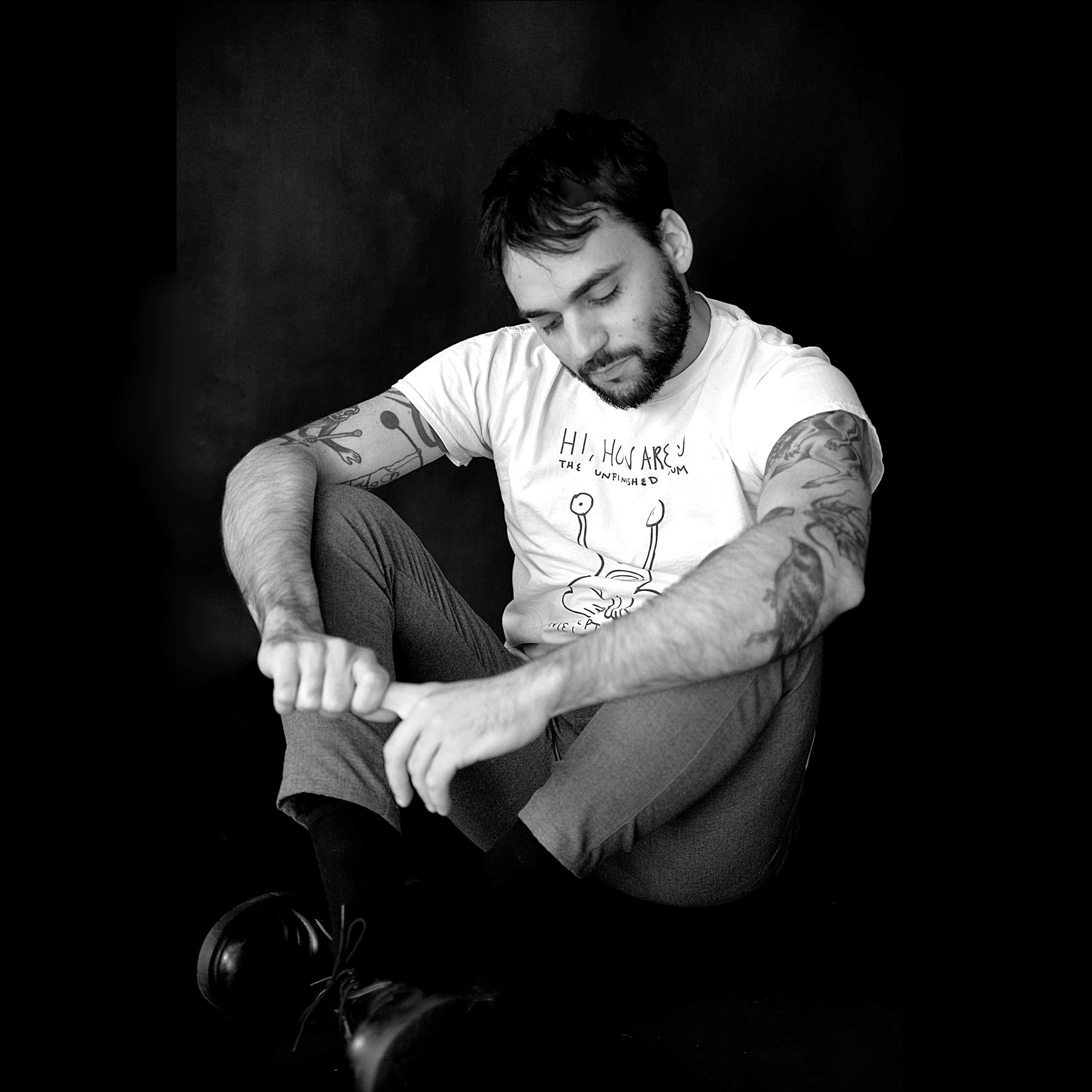
Alex Urso portraits by Otofoto
How did you find out about the residency programme? How did you apply?
At the end of 2017 I started working on my new art project – GRAND HOTEL EUROPA, a reflection on the political and humanitarian crisis the EU has experienced in recent years, with a particular focus on the refugee issue. I wanted to develop a project in several steps around Europe, traveling to some of the most emblematic countries that are substantially contributing to this brutal political situation. Thus, I decided to start from Serbia.
Although the country is still negotiating to become a member of the European Union, Serbia is already playing a relevant role in the international debate about the European migrant crisis. After the closure of the Balkans route in 2015 (with the anti-migrants wall on the Hungarian side), Serbia has become a “dumping ground”, with thousands of refugees stuck in the country. This is why I decided to start GRAND HOTEL EUROPA from Serbia. I found the open call online. I sent my application to the Center 424, and after a few months I flew to Belgrade.
What does your regular, art residency day look like?
Wake up a bit later than usual, drink coffee(s), answer e-mails and start working.
In your experience, what distinguishes working as part of residencies from working in your atelier?
Frankly, in my life I never even had an “atelier” other than my bedroom or the living room of my apartment. I have always found it difficult towork in common spaces, or leaving the house to work in a different location. For years it has always been like this: the place where I was living was also the best place in which to create.
I started applying for residencies only two years ago – quite late compared to my colleagues. In my opinion, residencies are especially important in two circumstances: when you are paid by the hosting institution (meaning travelling, living costs and production are granted), and when working in a specific place is relevant for the project itself. If you cannot attain at least one of these two conditions, residencies are nothing more than a vacation – although you will keep naming them “residencies”, because it sounds cooler.
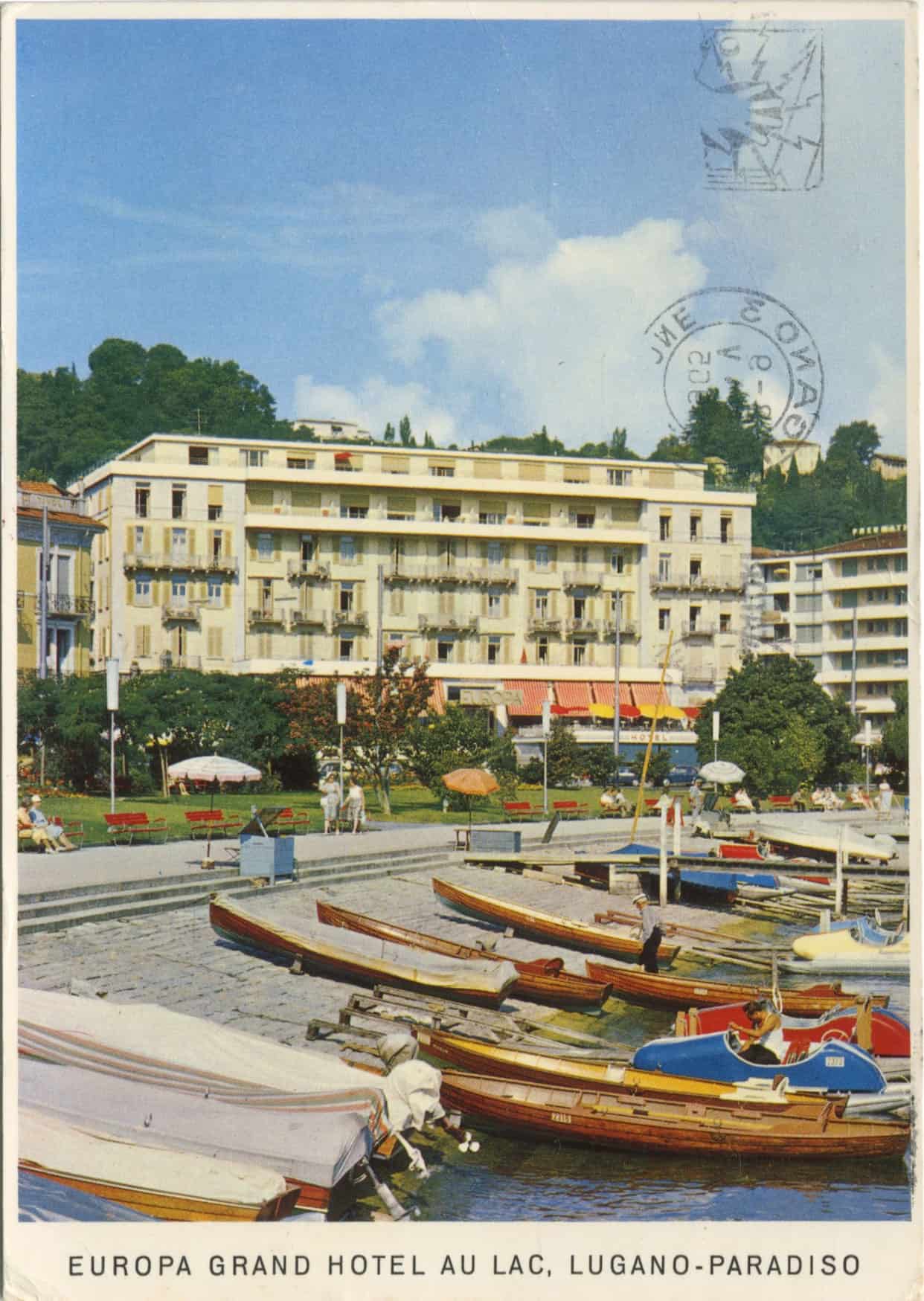
Alex Urso, Grand Hotel Europa, 2019, postcard
Does the change of context help you in the creation process?
In a certain way, during a residency, you do not have to take care of anything other than your art. So yes, I believe the change of context positively influences the creation process. It depends, though. It is not automatic. It is not enough that one goes to Belgrade or London for a few weeks to produce artworks like a machine. You might also risk feeling weird, to struggle finding material, to face daily obstacles which slow down your activity. Thus, the reaction is always very personal and affected by many factors.
Do you place an emphasis on your work or rather on meeting people and exploring the city?
This depends on the project you are developing. For example, during my previous residency in London, in the October 2018, I realized The Welcome Project – a performative action directly involving London’s citizens. During the five weeks residency I knocked at Londoners’ doors asking them to swap their doormats with new ones carrying the simple word “Welcome”. Accepting to exchange doormats, each house-owner agreed to embrace the idea of London as an open and welcoming place. In this case I placed emphasis on meeting people, because it was required by the project.
During the residency in Belgrade, instead, I focused mostly on the production of works (such as drawings and collages). I have obviously also met people and visited institutions, but it was not the starting point of my journey.
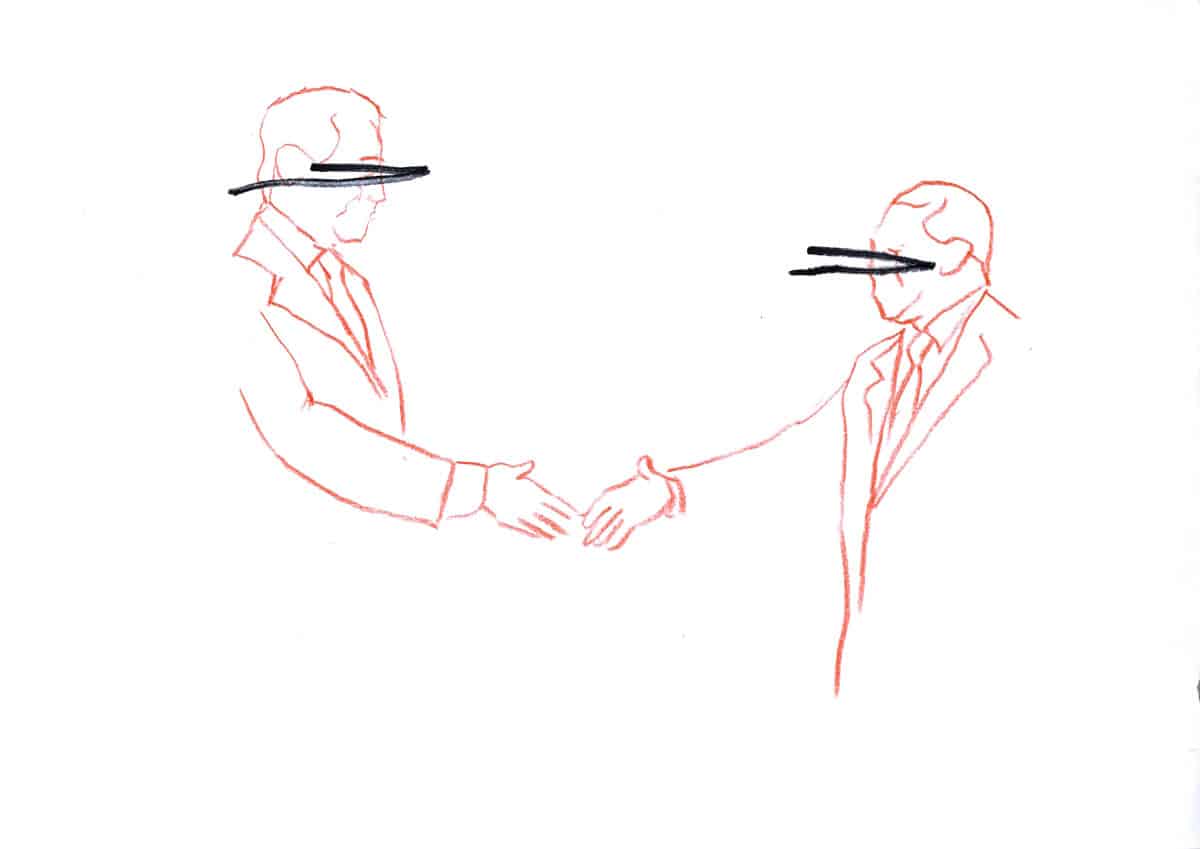
Alex Urso, Grand Hotel Europa, 2019, drawing
What challenges and opportunities did the residency involve?
To take part in a residency means meeting new people, exploring a different culture, creating contacts. At the same time, it also pushes you to work with a specific goal in a restricted period of time, always remembering that there are people investing in you and betting on your art. It is quite a challenge.
Name three objects which are the most important to you during the residency.
My laptop.
A black pencil.
A book – The World of Yesterday: Memories of a European by Stefan Zweig.
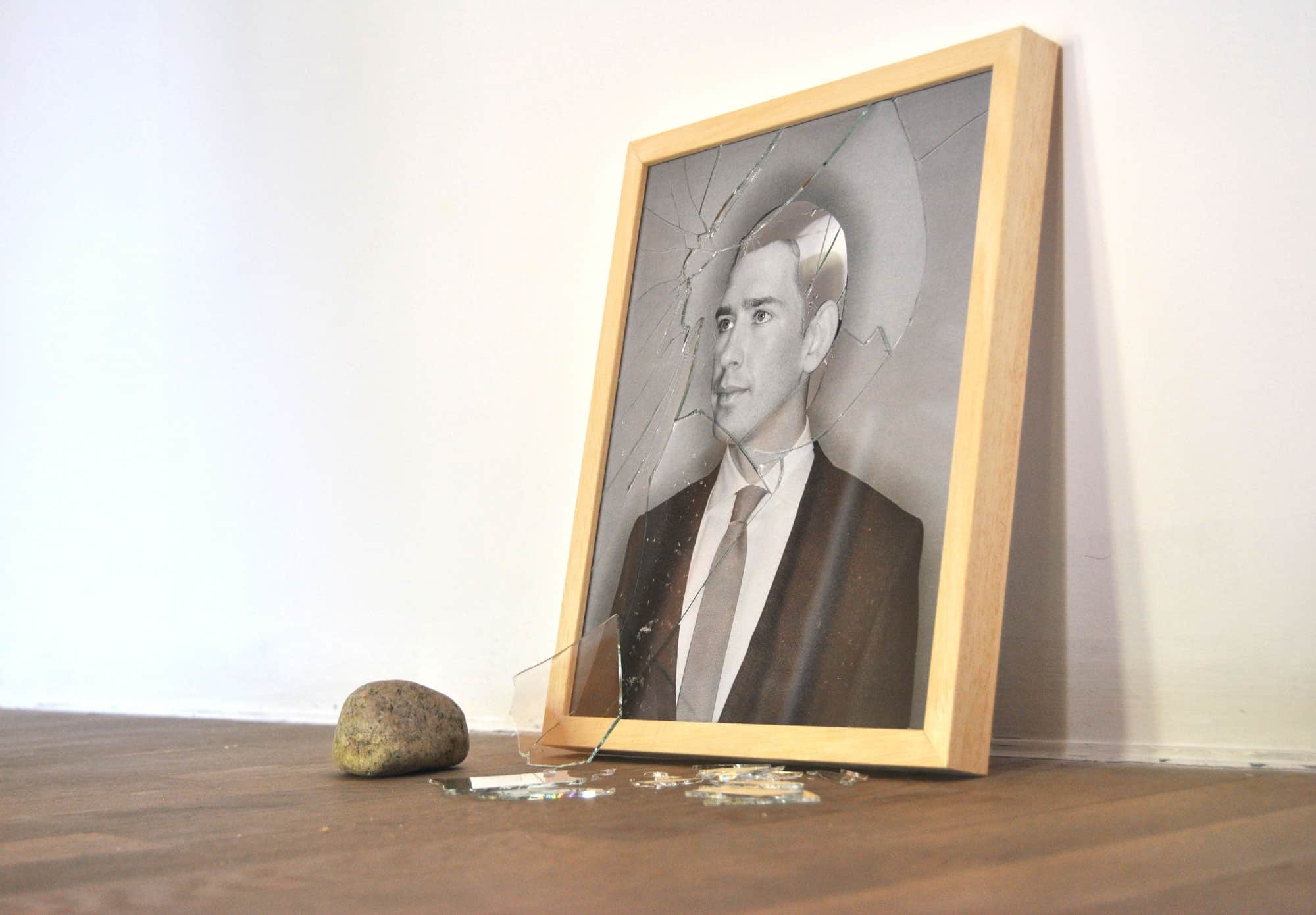
Alex Urso, Grand Hotel Europa, 2019, inastallation
What is the role of institution in your residency? What does it provide you with?
Center 424 provided me with a studio in which to live and work, but living costs, travelling and production costs were not covered. Thus, I decided to involve other sponsors that could support me: I applied for the Step Travel Grant – an initiative by the European Cultural Foundation and the Compagnia di San Paolo – which provided me with the plane tickets to Belgrade. The Italian Cultural Institute of Belgrade was also involved as a sponsor, contributing to the costs of production and the living expenses. Involving different partners helped me to get the best result from this experience.
What would you recommend to artists going abroad for an art residency?
I would strongly suggest looking for residencies that are renowned, because it contributes positively to their careers. Most importantly, I would recommend looking for residencies that offer a grant (or at least artists should try to involve sponsors to cover the costs, as I did). There are so many residencies that ask young artists for money, which is really bad, in my opinion. Sometimes the art word is a trap: artists should never have to pay to be allowed to work on what they love.
Edited by Lisa Barham
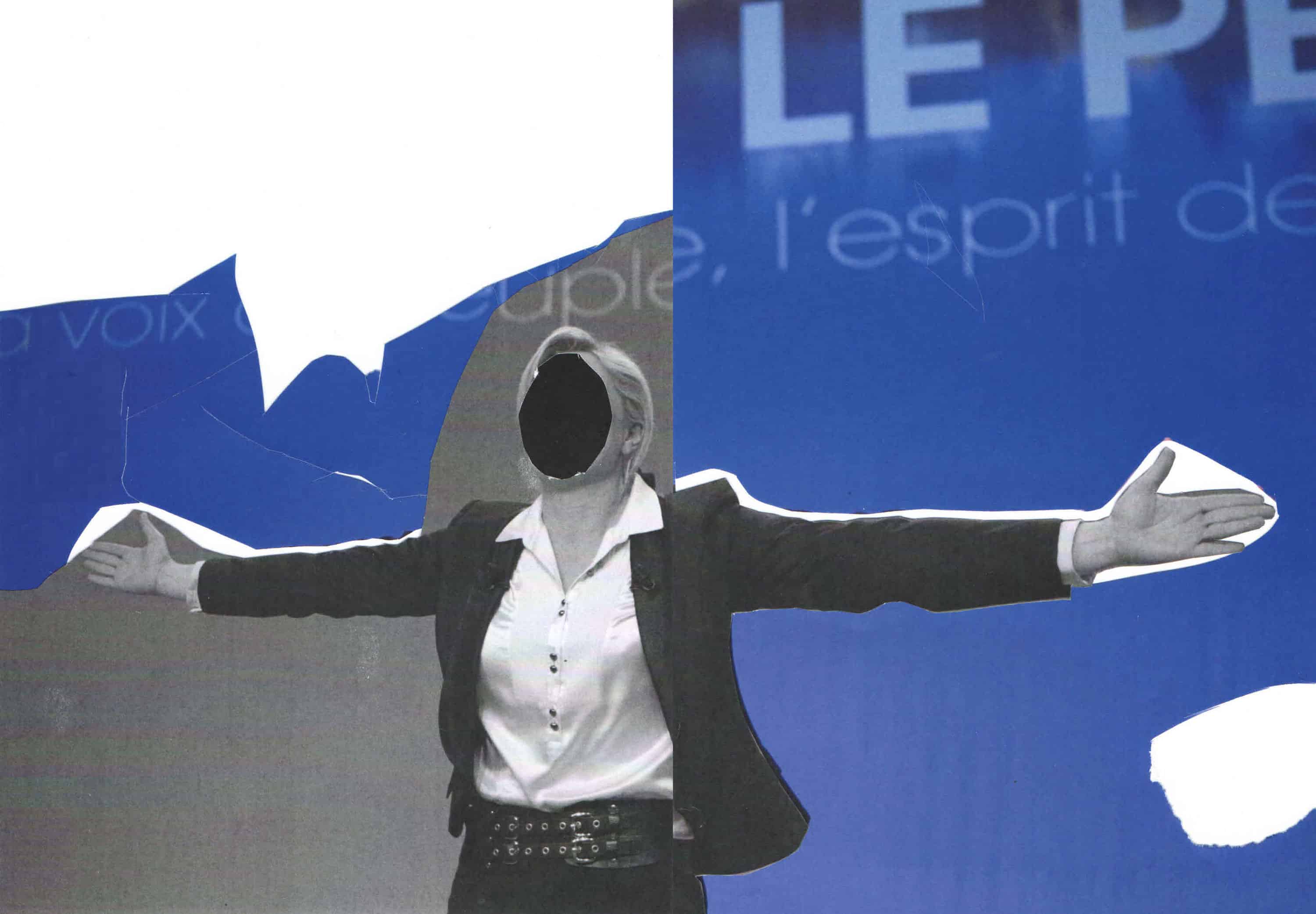
Alex Urso, Grand Hotel Europa, 2019, collage
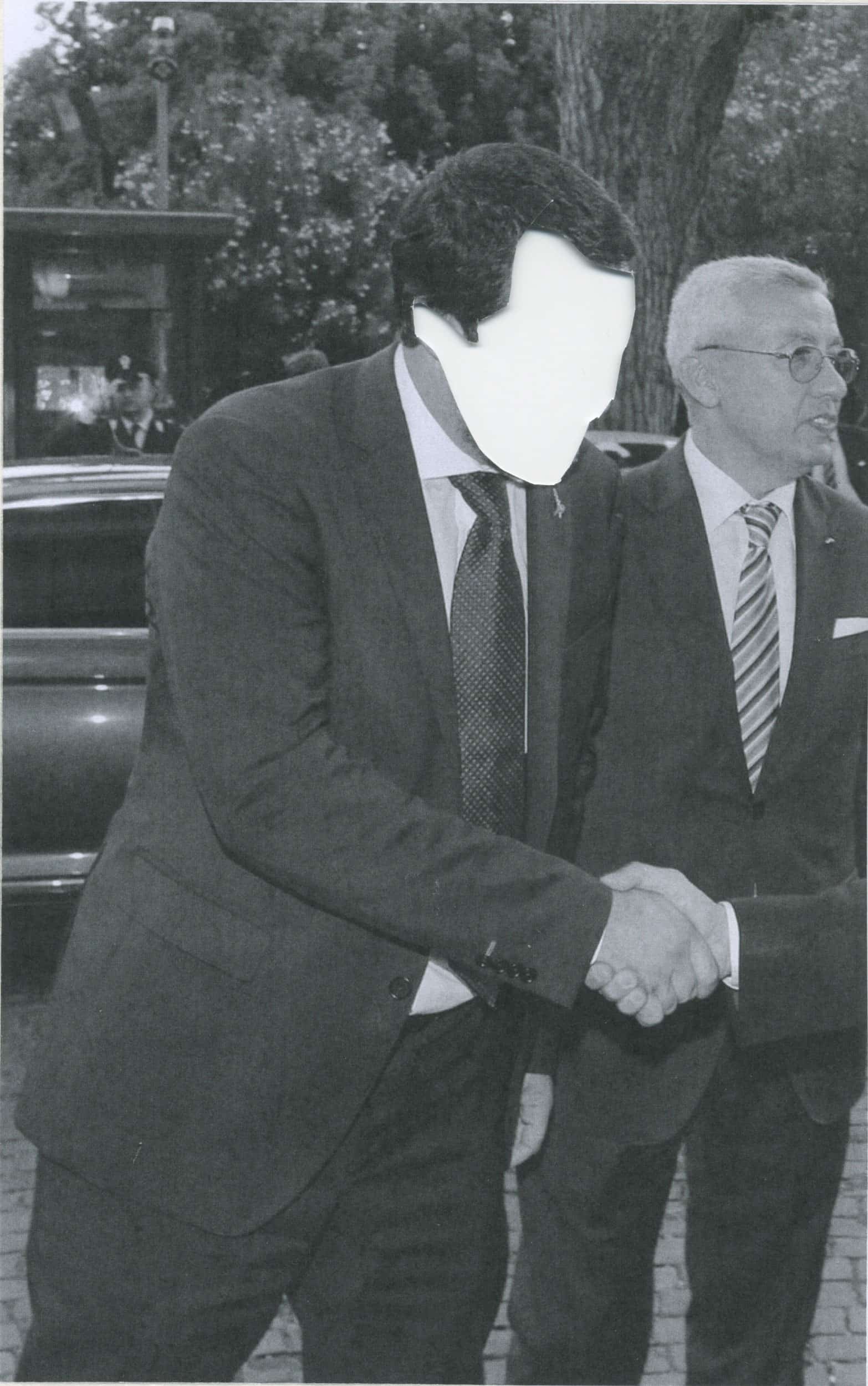
Alex Urso, Grand Hotel Europa, 2019, collage









